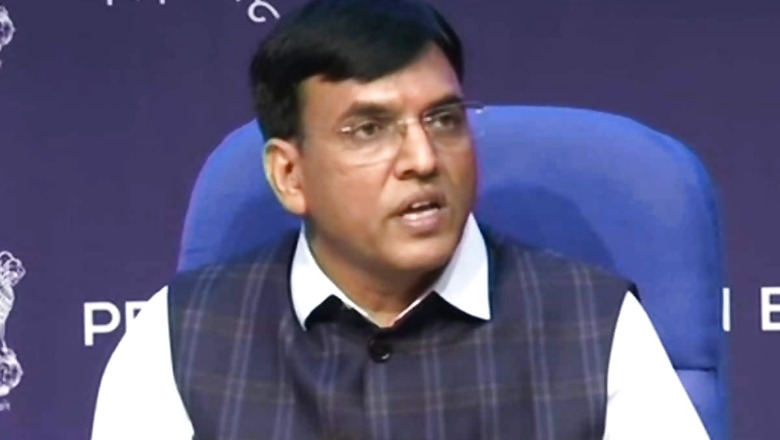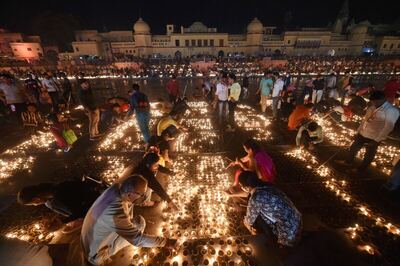
views
ICMR director general Dr Balram Bhargava has said new Union Health Minister Mansukh Mandaviya was “dynamic”, adding that until now the health sector had been “facing a bipolar focus”.
According to a report published in The Indian Express, NITI Aayog member VK Paul said that the solution for pandemic response lies in science. The two were speaking at a plenary session on ‘Future directive for Covid in India: Public Health Policy’ at a one-day virtual international conference on ‘Covid and Beyond’. The session was organised by Collaboration to Eliminate Tuberculosis among Indians and Indian Institute of Public Health Gandhinagar.
“We have started realising what is quality health… and we have a dynamic health minister who has already met with all of us and has a very strong vision about how the health sector has to be taken forward because until now it has been facing a bipolar focus as to whether it has to be more government or more private or government… in the sense, both have to exist but we need to realise the pyramid of healthcare….,” Bhargava was quoted as saying by the newspaper.
Meanwhile, professor Samiran Panda, a leading scientist at the Indian Council of Medical Research (ICMR), predicts that the third wave of COVID-19 would arrive in India around the end of August, with about 1 lakh cases each day.
Professor Panda, speaking about the severity of the third wave, says that if the virus does not further mutate, the scenario will be similar to the first wave. However, if it does mutate, things might get a lot worse.
Professor Panda is the director of the ICMR’s epidemiology and communicable diseases division.
While the third wave may not be as devastating as the second wave in India, Panda believes that a low vaccination rate and loosening of restrictions may result in an increase in cases. The Imperial College London and the ICMR collaborated on mathematical modelling to arrive at this conclusion.
“Looking at the present situation, one can assume that there will be the third wave,” Professor Panda said. He further added that non-pharmacological interventions, like avoiding mass gatherings and wearing masks will help contain the spread of the infection.
Professor Panda agreed that India requires a strategic immunisation plan and stressed that travel should be minimised as much as possible because it causes population density shifts.
Read all the Latest News, Breaking News and Coronavirus News here.


















Comments
0 comment